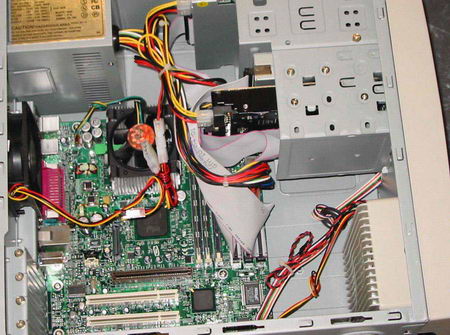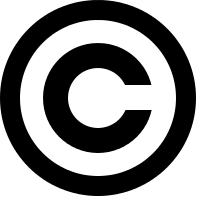
So earlier I wrote about my new MacBook. It was fun and all, playing with this cute little laptop with its shiny aluminum case, but it wasn't the same. I love my desktop. Or should I say loved? It crashed yesterday, leaving this hallow, empty sadness somewhere deep inside my soul.
We had a good run. Almost 4 years of constant, collegiate use. I would leave it on for weeks at a time, never letting it cool down. I would run iTunes on mute 24/7. I was awful at updating my virus protection, always letting it get out of date. I would get impatient and hit ctrl + alt + del 47 times in quick succession. I loaded up my hard drive with illegally downloaded movies and songs.

But I was also nice to my computer. I would open it up once a semester and blow out the inside dust with canned air. I would sings songs to it (mostly while just singing along to iTunes). I would wipe down it's large monitor screen with those expensive screen wipes from Office Depot. When it did something particularly trying, like converting 400 pages worth of search results from LexisNexis, I would pat it gently and say, "Well done, computer, well done."
All of this maudlin rambling might be a bit overdone. My computer engineering friend says it just needs some internal parts replaced, specifically the RAM. No big deal, according to him
Luckily for me, when my computer went kaputt, I had this little MacBook on hold (what I'm typing this on now). Not everyone has the money or the need for two computers, so it's furtuitous I had a second one. It has, however, brought the reality to light that I need to become better acquainted with my MacBook. I've had it for 4 months, and we're still getting to know each other. I've barely explored all the amazing things I can do with a Mac, mostly settling for portable email checking with my shiny laptop.
This episode has made me realize how dependent I am on my computer, whether in PC or Mac form. While this is a crutch, it also makes my life a lot easier being instantly connected to everything. This summer, since I'll be wandering around Europe, I'm going to see if I can start breaking myself free of my computer. Maybe only checking email 5 times a day, as opposed to every minute, with Gmail's automatic inbox refresher. I'm sure once I get back stateside, I will again be chained to my computer. But I think I'm okay with that.

![Reblog this post [with Zemanta]](http://img.zemanta.com/reblog_e.png?x-id=e8753ac7-0a24-4caa-b4de-2345439f1442)

![Reblog this post [with Zemanta]](http://img.zemanta.com/reblog_e.png?x-id=883ec1e2-886b-4896-9721-5fcaf43d75c6)

![Reblog this post [with Zemanta]](http://img.zemanta.com/reblog_e.png?x-id=81e6f8bf-9ca5-4959-9d8d-c6a2782cce1a)


![Reblog this post [with Zemanta]](http://img.zemanta.com/reblog_e.png?x-id=f0b3d08c-0cca-488a-9713-145d60951e2f)

![Reblog this post [with Zemanta]](http://img.zemanta.com/reblog_e.png?x-id=3a1ec82b-9465-4f73-9236-8bc4a79971bd)

![Reblog this post [with Zemanta]](http://img.zemanta.com/reblog_e.png?x-id=c05d6764-1b10-4633-b896-66dc395ceaa4)
